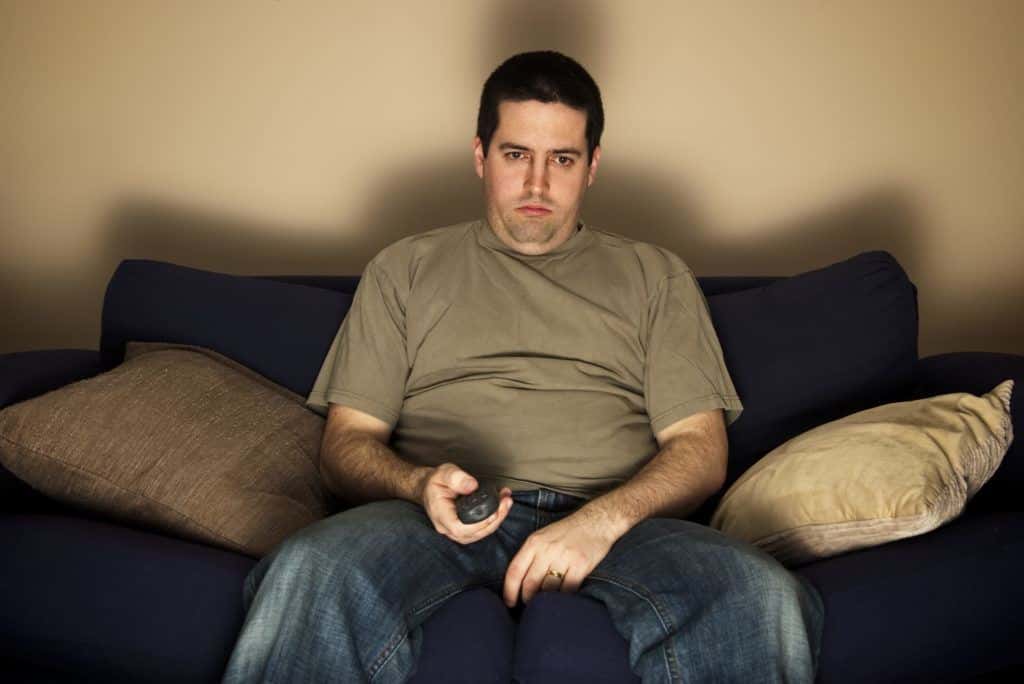New Study Shows that Poor Sleep Makes You Reach for Fattening Pick-Me-Ups
Fewer hours of sleep are proven to make you hungrier, yet hormonal issues can prevent you from catching enough Z’s no matter how hard you try.
If you’re trying to slim down after indulging over this winter, you may need to focus on something that seems a bit counterintuitive: catching up on your sleep. It’s true—longer and better-quality sleep may help your weight loss efforts in the new year as much as hitting the gym.
A recent review published in the European Journal of Clinical Nutrition sheds new light on what we already know about the dangers of sleep deprivation: less than seven hours of sleep a night (which is what 42 percent of U.S. adults report getting, according to a 2015 Gallup poll) is likely to make you consume about 385 extra calories a day. Study authors note that this is the equivalent of four extra slices of toast! Making matters worse, study participants who slept fewer hours consumed more fatty foods than protein and didn’t tend to expend more energy—so they essentially ate more and moved less. This is proof that skimping on sleep not only makes you cranky, but is also likely to lead to weight gain and all its associated risks, such as diabetes and heart disease.
Research consistently shows that being well rested has a positive regulatory effect on hunger hormones and that sufficient sleep improves glucose tolerance, which aids in weight loss and helps prevent diabetes as well as cardiovascular risk. Sleep deprivation, by contrast, increases appetite and impairs glucose tolerance. Lack of sleep spurs weight gain through its stimulatory effects on appetite; specifically, it causes the hormones ghrelin and leptin, which control hunger, to fall out of balance. Ghrelin, which increases hunger, rises after a poor night of sleep; leptin, which suppresses hunger, drops.
But What if You Can’t Get to Sleep?
While sleeping off extra weight may seem much easier than buying a new gym membership, many people find that getting better sleep is an even more difficult endeavor than working out. If you’ve ever tossed and turned into the wee hours of the morning, or felt wired at bedtime despite feeling physically exhausted, you understand that deep, restorative rest can be elusive despite your best intentions—but you may not know why. The answer could be your hormones.
Hormonal imbalance, which can be caused by stress, poor nutrition, medications, and even natural aging, is a major cause of sleep troubles. Popping a sleeping pill won’t address these deeper underlying factors, which will only worsen if left unchecked.
Progesterone, for example, is a calming, sleep-promoting hormone, but its production slows down for women starting in their 30s. And for some women, hormonal imbalances can cause low progesterone at an even younger age. For men, low levels of testosterone are common with age, and can cause disordered or incomplete sleep cycles. For both men and women, chronic stress—whether in the form of a stressful job, relationship challenges, bills piling up, or even a poor diet—will cause the stress hormones cortisol and adrenaline to stay chronically elevated, leading to dysregulated levels throughout the day. These same stressors can also reduce progesterone in women and testosterone levels in men, leading to further sleep disruptions. These disruptions to the natural circadian rhythm can make you feel energized when it’s time to sleep and foggy when it’s time to rise.
Addressing Hormonal Imbalances
Bioidentical hormone replacement therapy is a powerful way to address the chronic hormonal imbalances that wreak havoc on your sleep—and your weight. And the physicians of the BodyLogicMD network use some of the most advanced tools currently available in medicine to get to the root causes of these hormonal imbalances. Measuring your hormone levels can help your physician understand the specific lifestyle, nutrition, and health factors contributing to your chronic sleep deprivation so that they can tailor a treatment plan to improve it. Your customized treatment plan may include bioidentical hormones, targeted supplement regimens, and medically supervised nutrition and lifestyle changes.
Contact a BodyLogicMD physician to balance your hormones, start getting restful sleep, and drop excess weight today.

